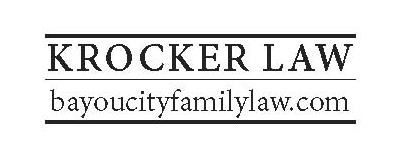Reimbursement Claims

Reimbursement claims take three forms in Texas, separate property reimbursement claims against a community property asset, community property reimbursement claims against a separate property asset, and reimbursement claims related to fraud or waste of community property assets.
The first two types of reimbursement claims (separate property reimbursement claims against a community property asset and community property reimbursement claims against a separate property asset) are mirror images of each other. In both instances, funds from one estate have been used to benefit an asset associated with the other estate. For example, income during the marriage (community property) may have been used to repair the roof of a rental property owned prior to the marriage by one of the spouses (separate property). In another example, one spouse may have received an inheritance during the marriage (separate property) and renovated the kitchen in the community property home. (Click here for a description of what constitutes separate property and community property.) In either instance, the estate that expended funds for the benefit of the other estate is entitled to a reimbursement for the funds expended.
The third form of reimbursement relates to one spouse wasting funds during the marriage. Examples include spending money on affairs, excessive gambling losses, and funds expended feeding a substance abuse habit. By identifying these expenditures, the other spouse obtains a reimbursement that amounts to a larger share of the community property estate. This type of reimbursement claim is the formal version of what constitutes the Court awarding a disproportionate share of the community property estate based on fault in the breakup of the marriage.
Divorces
Below are relevant resources for all divorces, discussing property and debts:
